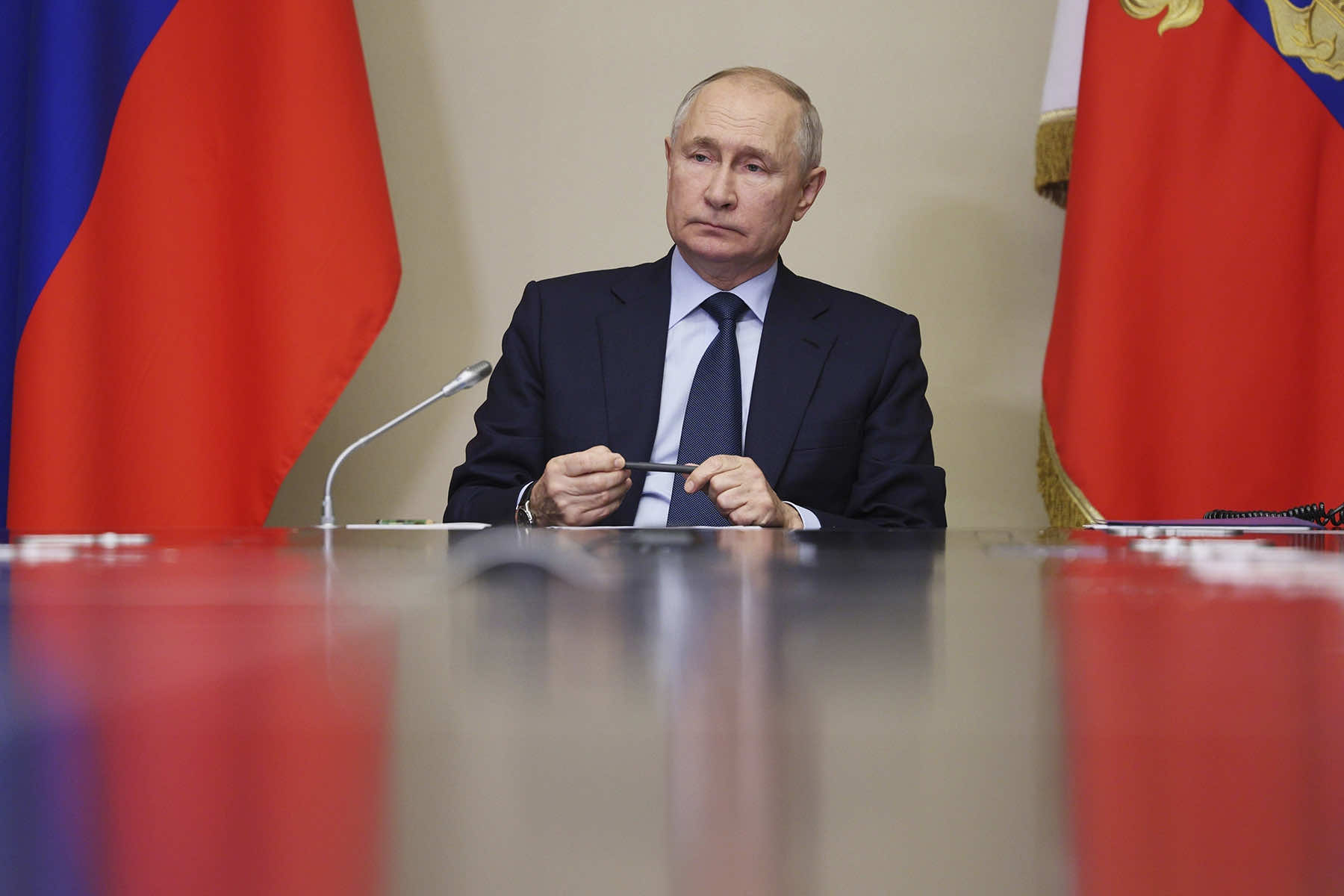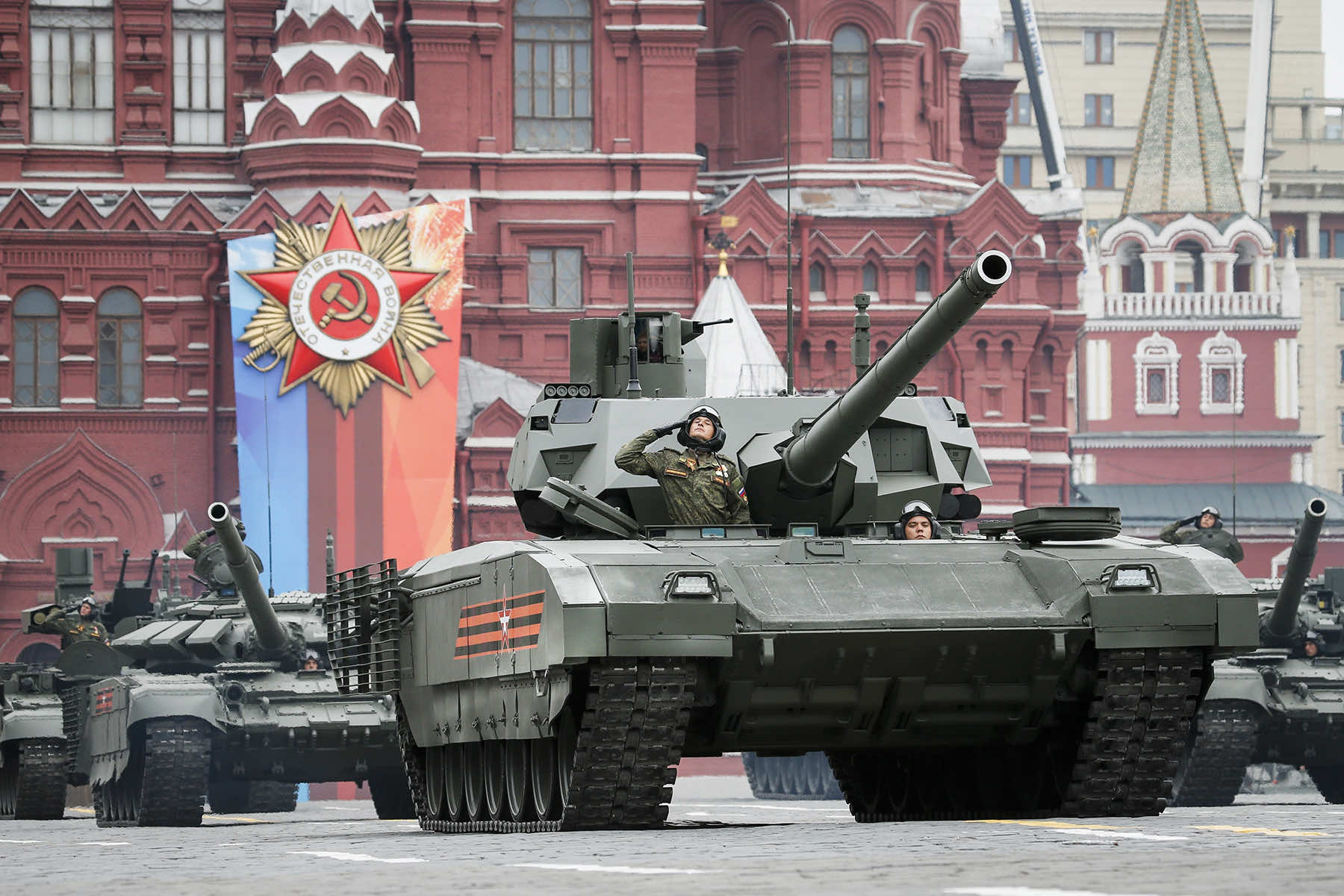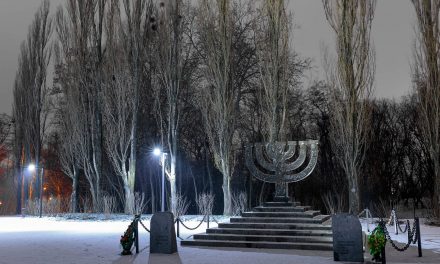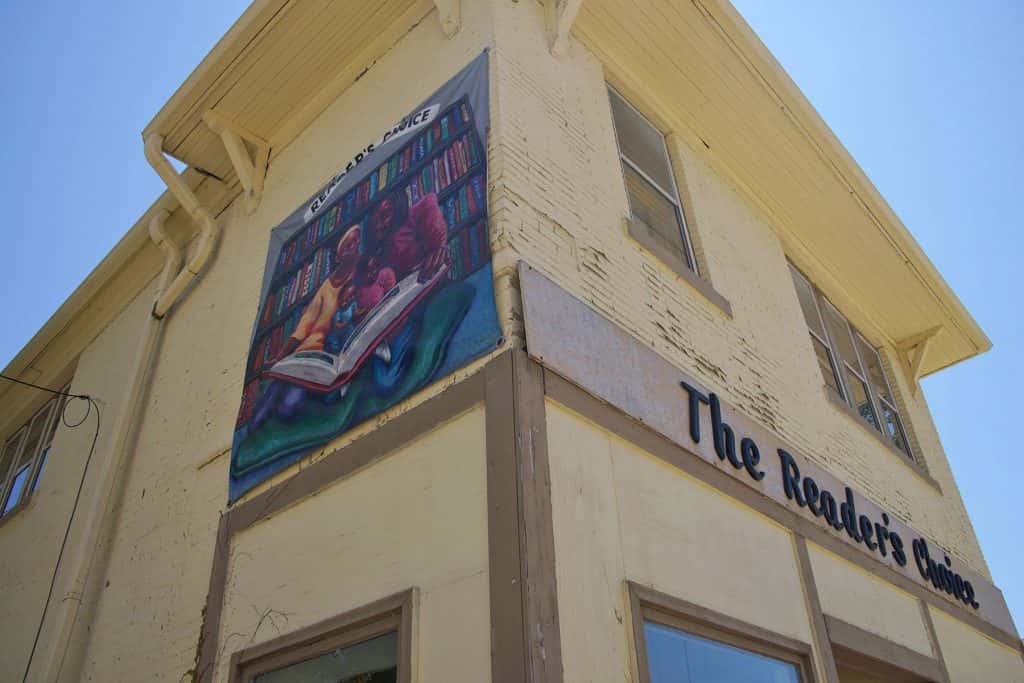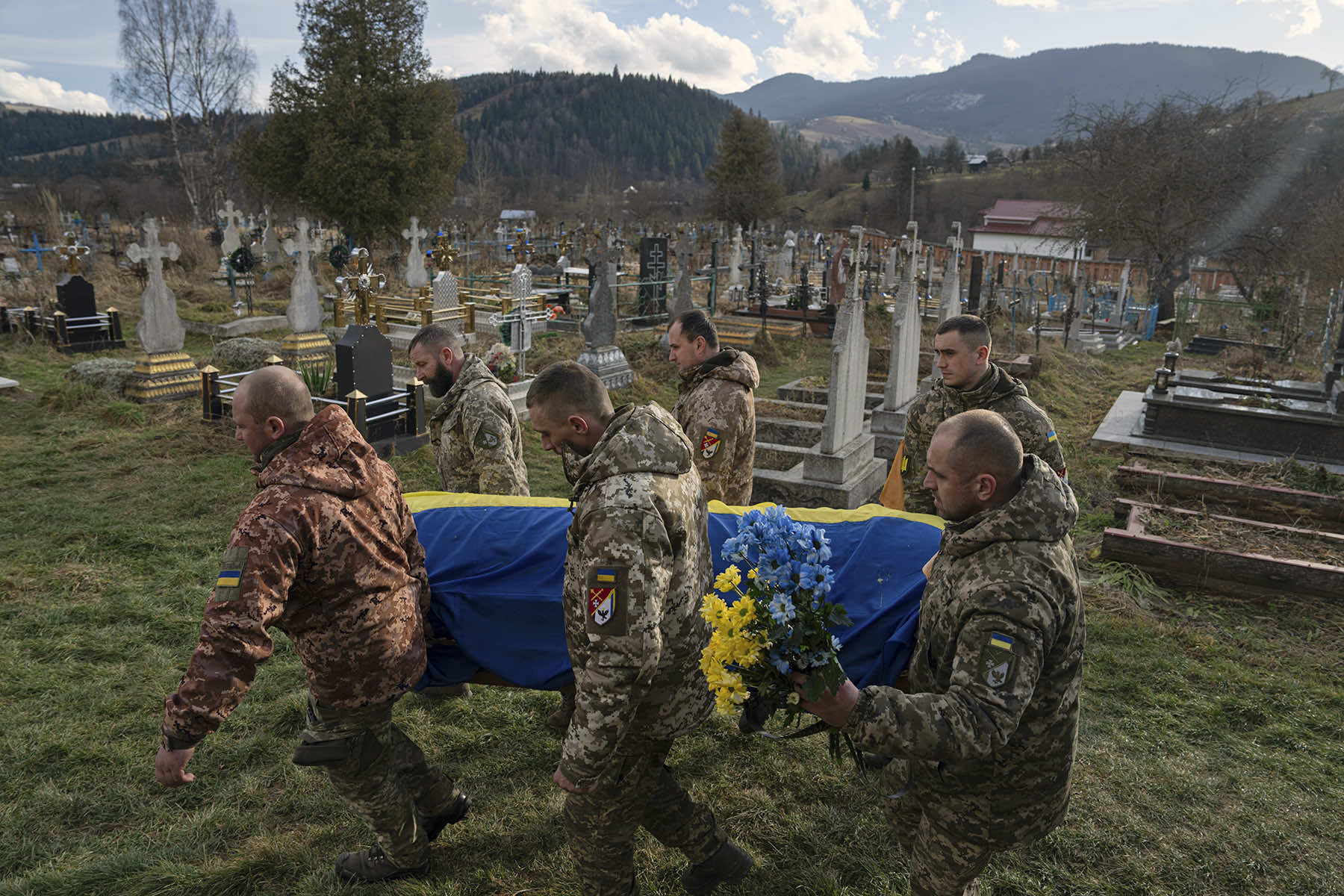
In a detailed analysis published on December 31 by the Institute for the Study of War (ISW), experts Frederick W. Kagan, George Barros, Noel Mikkelsen, and Daniel Mealie outlined a compelling argument for Ukraine’s complete liberation from Russian occupation.
Their report, titled The Lands Ukraine Must Liberate, explored the military, economic, and geopolitical consequences of the ongoing conflict between Ukraine and Russia, and offered a sobering perspective on the future of Eastern Europe, with far-reaching implications for global stability and international law.
Amid growing hints that Ukraine’s Western partners are contemplating pressuring it to surrender land to Russia for an elusive end to Russia’s war, the US-based think tank detailed why that was a misguided policy, and why only the total liberation of Ukraine in its 1991 borders would ensure its independence and continued sovereignty.
The Core Argument: Full Liberation as the Only Viable Outcome
“Trusting Russian promises of good behavior would be foolish. Leaving Ukraine’s economy badly damaged would create a long-term and large drain on Western finances.”
The authors asserted that the only acceptable outcome for Ukraine, and by extension, the United States and the West, is a Ukraine capable of deterring future Russian aggression without relying heavily on foreign aid. They also criticized discussions about Ukraine conceding its illegally occupied territory to Russia for peace, with significant concerns about the nation’s long-term security and the economic ramifications of such lopsided concessions.
The False Russian Narrative and Putin’s Long-term Plans for Aggression
“Russian President Vladimir Putin and many Kremlin officials have driven deep into the Russian political consciousness the ideas that Ukraine has no independent identity and no basis to continue to exist as an independent state.”
Russia’s repressive dictator Vladimir Putin has infused the Russian political narrative with the idea that Ukraine lacks an independent identity and should not exist as a sovereign state. That false narrative, propagated through forced education and state media, paints Ukrainian governance as a threat to Russia and delegitimizes Ukrainian resistance. Such criminal indoctrination by the Russian government suggests a long-term commitment by Putin to subjugate Ukraine, and underscores the need for Ukraine and the West to prepare for ongoing tensions.
Defense Requirements Tied to Ukraine’s Borders
“The damage that the current war is doing to Russia’s military helps to reduce the risks of Russia renewing war quickly, but that effect is temporary and its duration depends in large part on how committed Putin is to rebuilding Russia’s military capabilities rapidly.”
Ukraine’s military strategy is intricately tied to its geographical boundaries. The country’s ability to defend itself is contingent on various factors, including the strength of the Russian military and the configuration of Ukraine’s borders. A key aspect of this defense strategy is the balance between maintaining a large, permanent military presence and a more economical approach involving rapid mobilization of reserves in response to threats.
Economic Factors in Military Strategy
The economic contribution of the land itself is a significant factor in Ukraine’s military strategy. Territorial losses not only diminish Ukraine’s defense capability but also weaken its economy, particularly in sectors like agriculture and mining.
The 2022 and 2023 Border Lines: A Comparative Analysis
The situation in January 2022 presented Ukraine with more defensible borders, offering strategic depth in various regions. In contrast, the current lines as of December 2023 posed a greater challenge. Defending those lines would require a permanent, expensive military presence, impacting both the state’s finances and its civilian workforce.
The Risk of Freezing the Conflict Lines
Freezing the conflict at the current lines would shift the advantage to Russia. It would allow Russian forces to optimize their deployment, prepare for future assaults, and maintain a standing force ready for rapid mobilization. That situation could potentially leave Ukraine in a perpetual state of military readiness, straining its resources.
The Geo-Economic Significance of Crimea and Donbas
“The liberation of Crimea also largely obviates the threat of Russian amphibious operations against the southwestern Ukrainian coast, as well as the Russian missile threat to ships attempting to transit the western Black Sea.”
The return of Crimea and the occupied regions of Donbas to Ukrainian control is crucial from both a military and economic standpoint. The loss of those territories not only limited Ukraine’s defensive capabilities but also significantly impacted its economy, especially given the industrial and agricultural importance of those regions.
“Accepting Russia’s permanent acquisition of eastern Donbas thus deprives Ukraine of considerable revenues, weakening its economy and increasing its economic and financial dependence on the West.”
Upholding Ukraine’s Sovereign Boundaries
Maintaining Ukraine’s internationally recognized 1991 boundaries is pivotal for its sovereignty and economic stability. Any concessions on those borders would undermine international law principles and significantly disadvantage Ukraine in its struggle for independence and security.
Global Implications and Future Outlook
“Freezing the Russian war in Ukraine on anything like the current lines enormously advantages Russia and increases the risks and costs to Ukraine and the West of deterring, let alone defeating, a future Russian attempt to fulfill Putin’s aims by force.”
The analysis detailed by “The Lands Ukraine Must Liberate” underscores the complexities of the Ukraine-Russia conflict. It highlights the importance of a long-term strategic approach to support Ukraine’s territorial integrity and economic autonomy. As the situation evolves, the international community must weigh the implications of this conflict on global stability and the precedent it sets for international law and sovereignty.
© Photo
Mark Schiefelbein (AP), Evgeniy Maloletka (AP), and Gavriil Grigorov (AP), Alexander Zemlianichenko (via AP)





